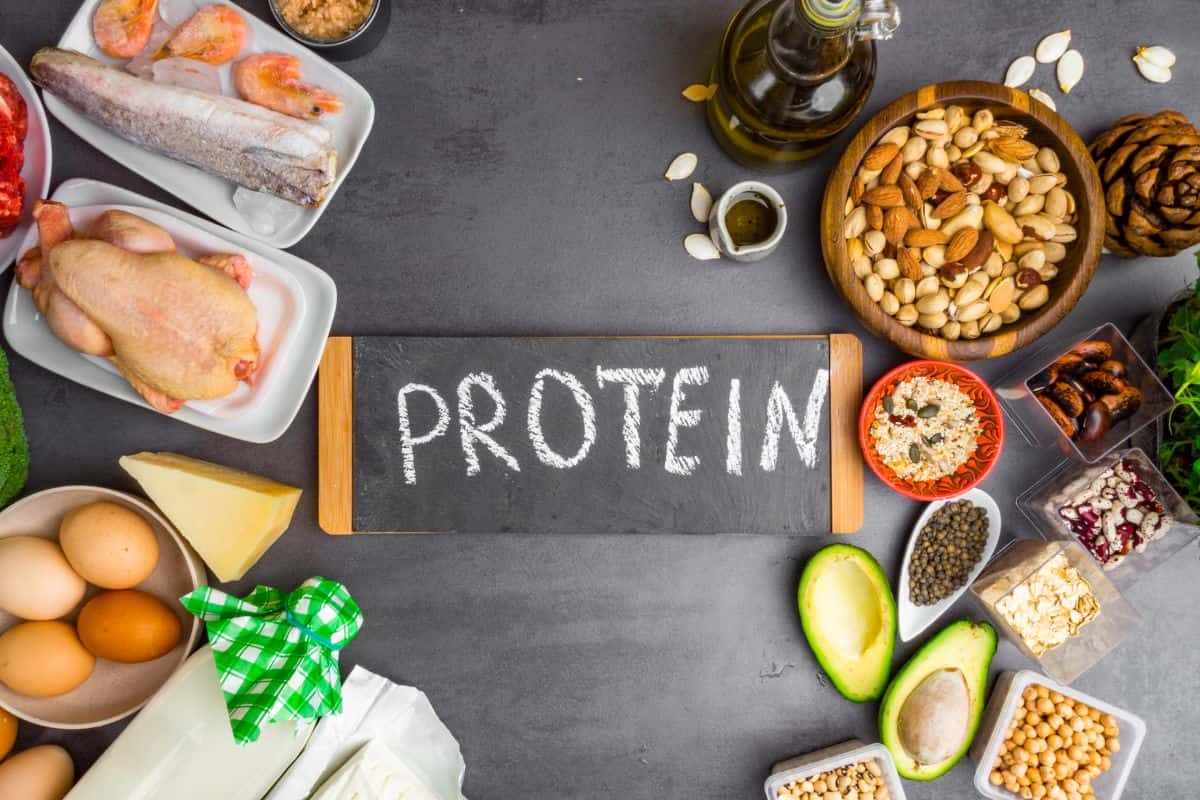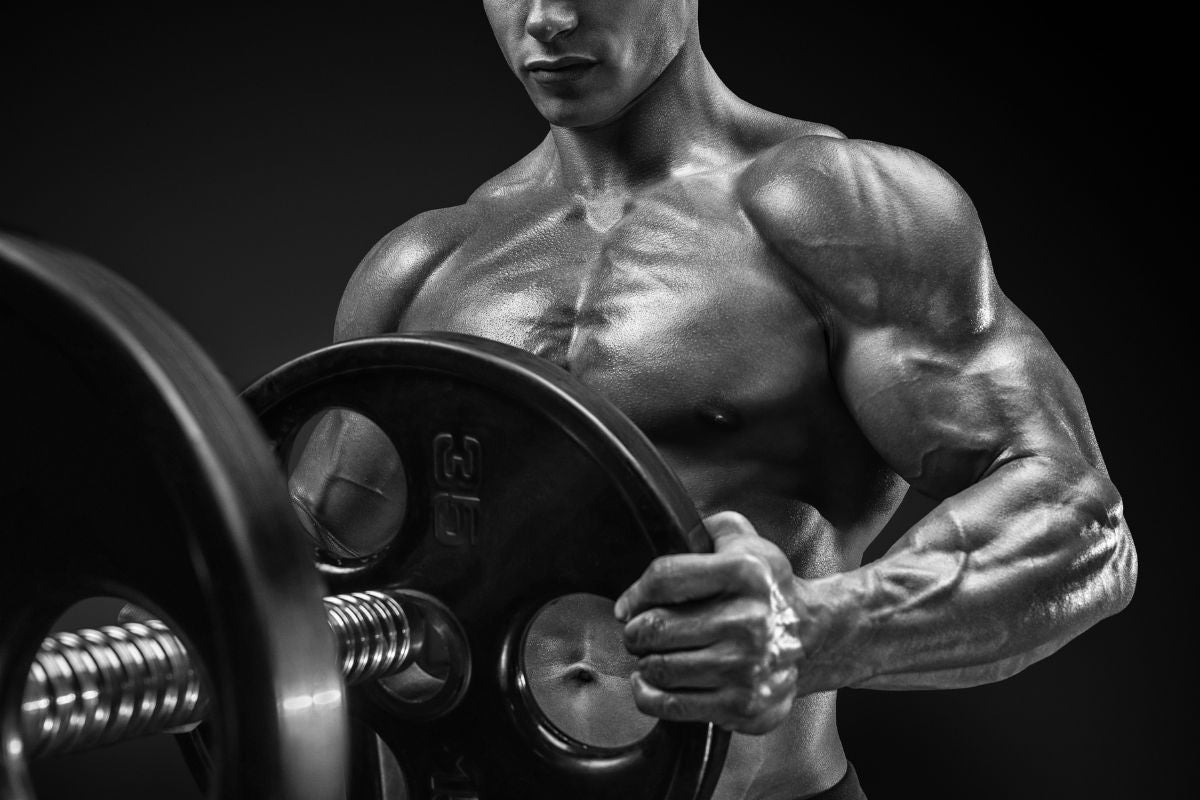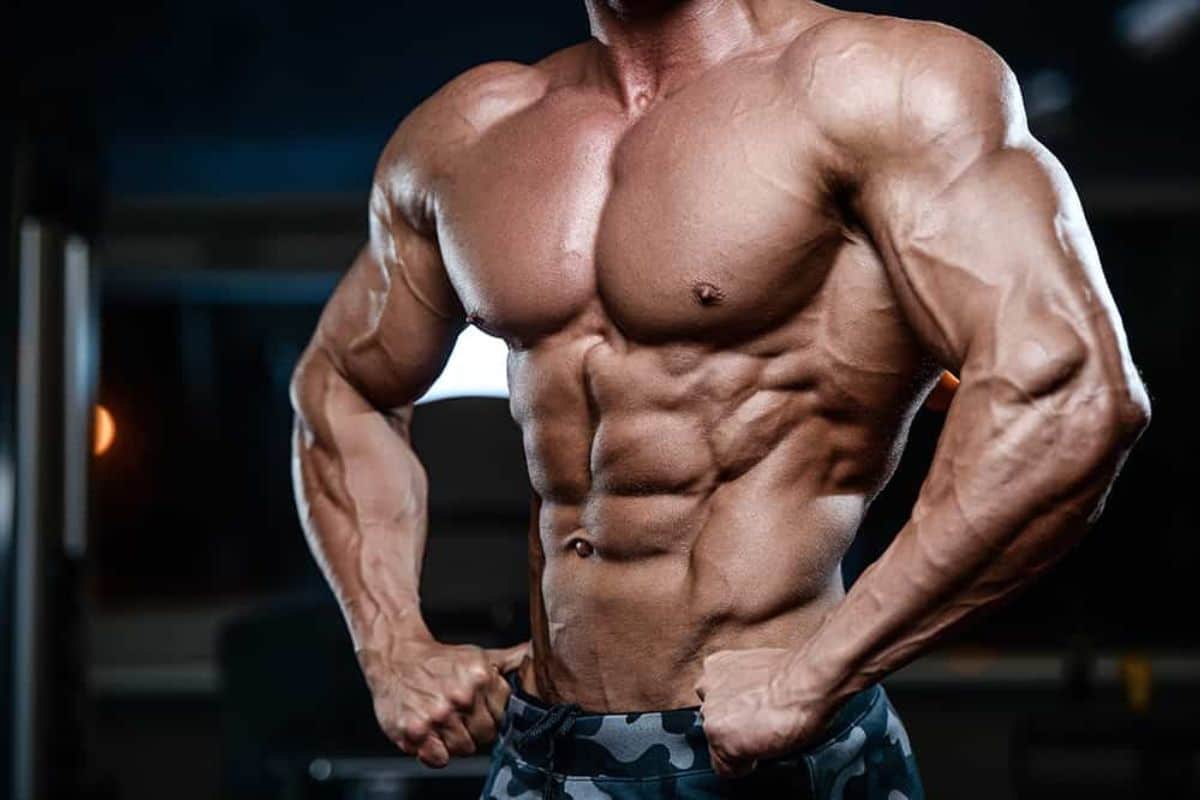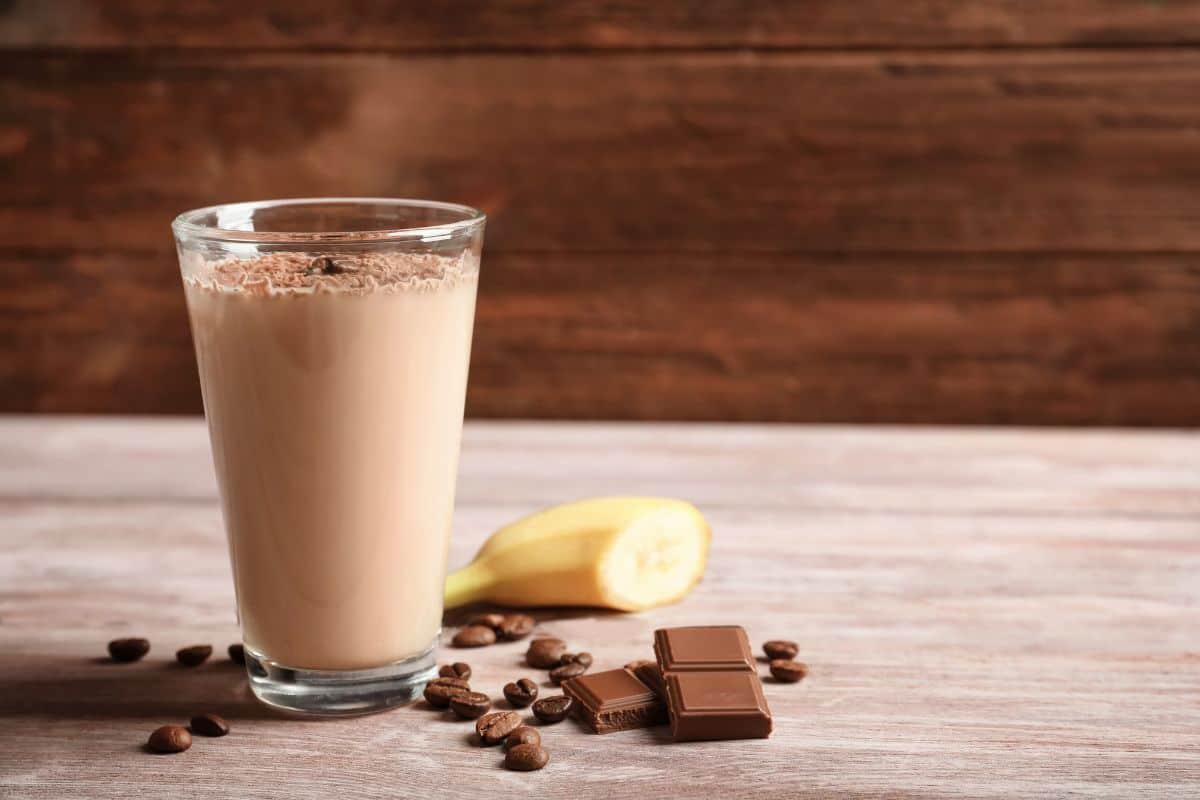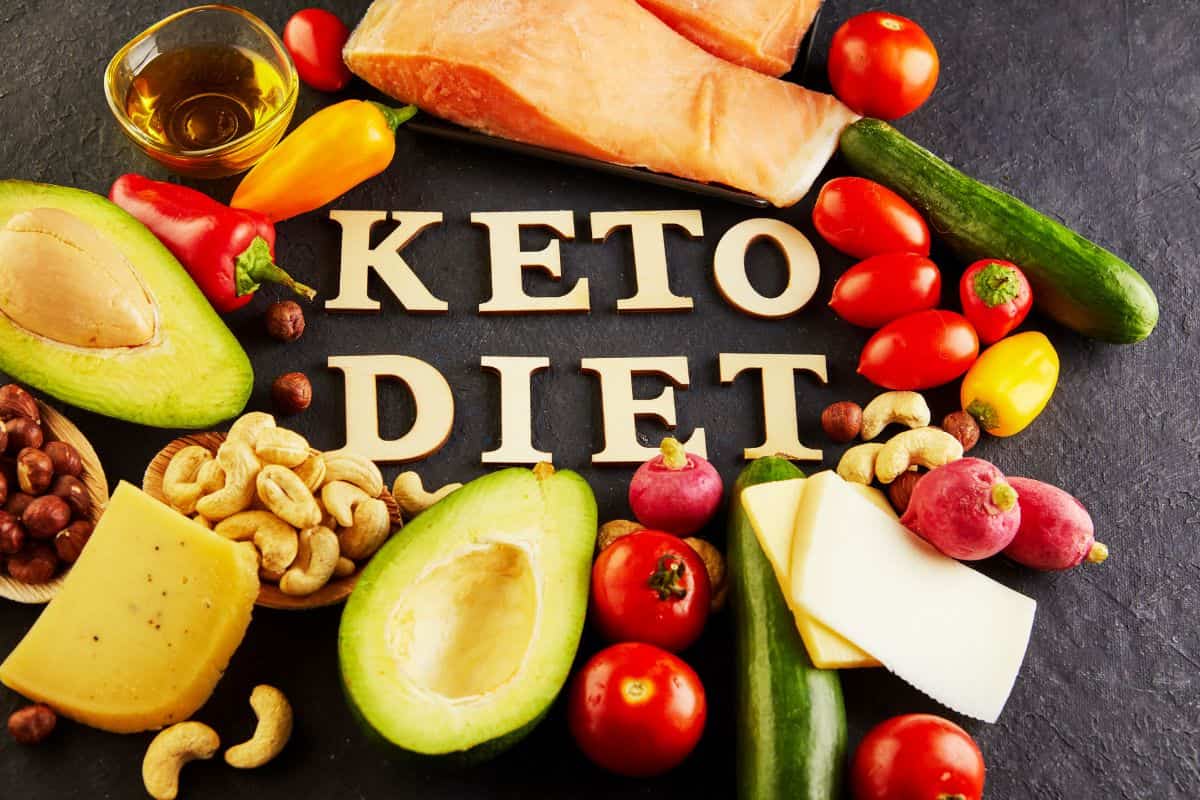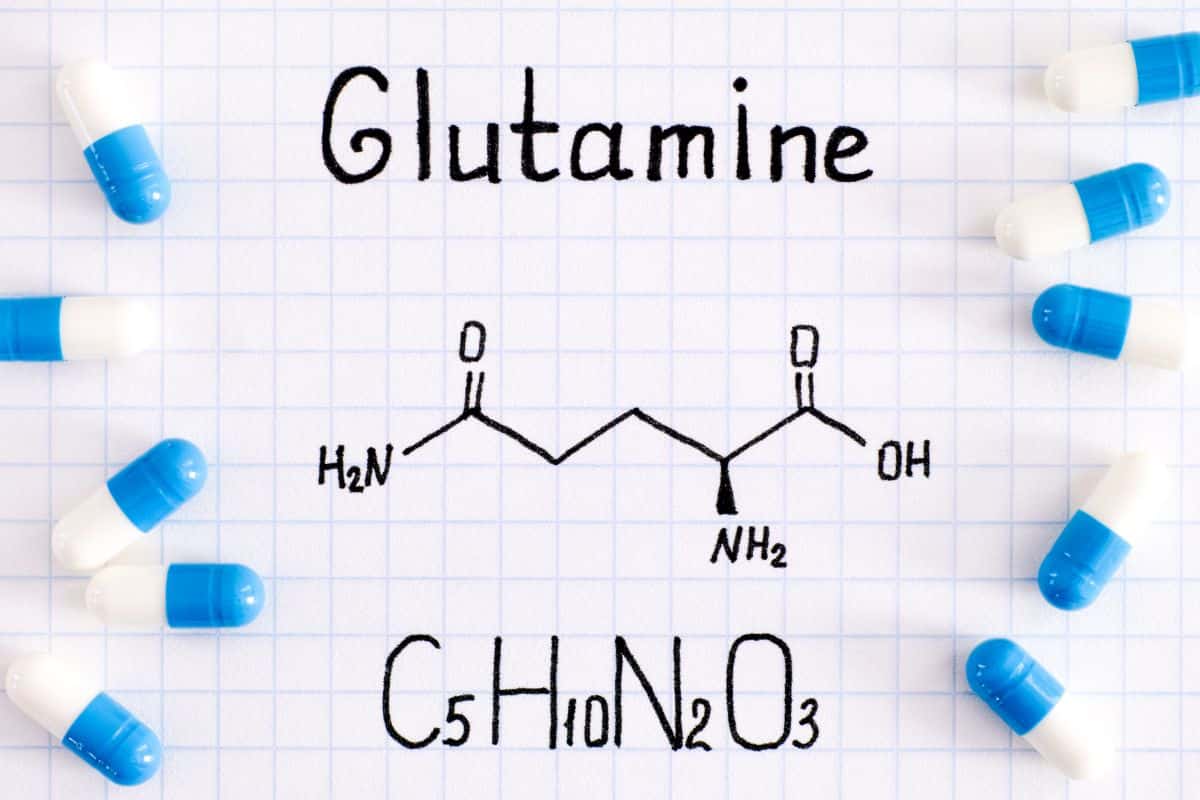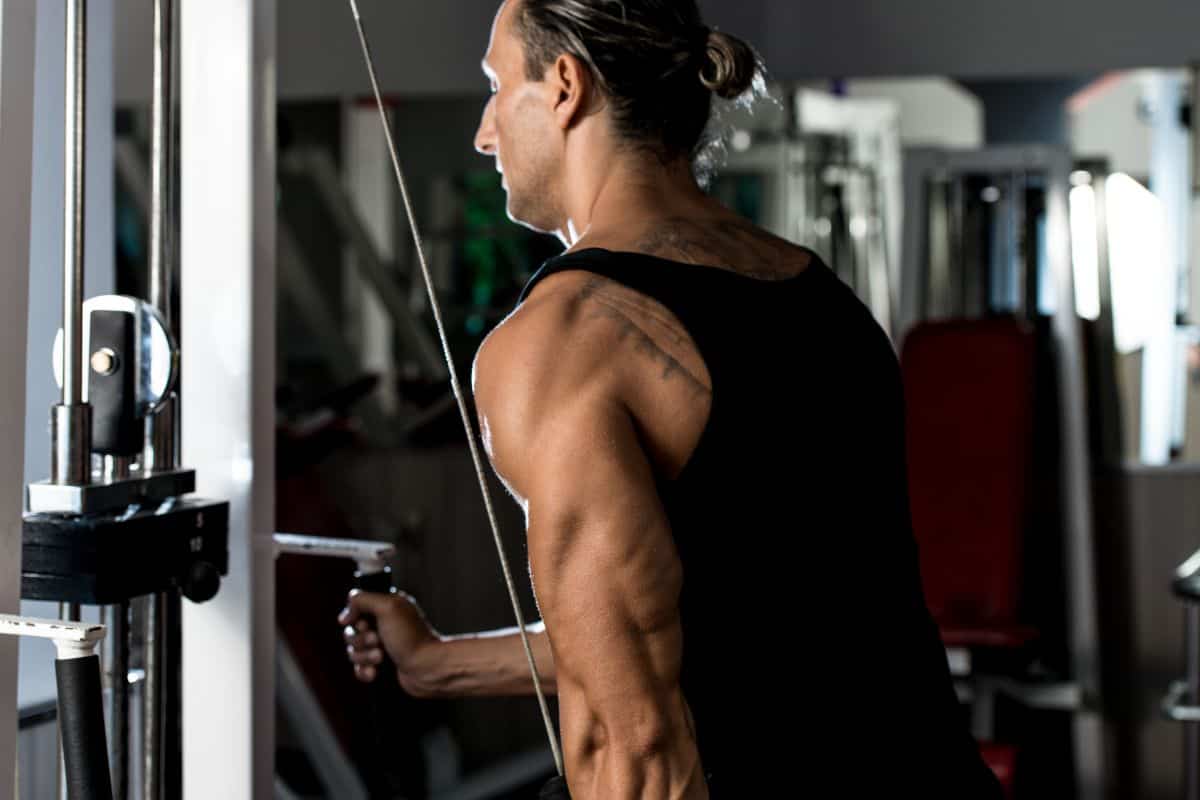Whether you're an aspiring bodybuilder, a dedicated gym enthusiast, or simply someone aiming to sculpt your physique, understanding the role of protein in your diet is paramount. Protein, often referred to as the building block of muscles, isn't just a trendy buzzword in the fitness world; it's a vital macronutrient responsible for growth, repair, and maintenance of muscle tissue.
In the quest for muscle development, many find themselves asking the essential question: "What foods are high in protein?" The answer to this question varies, accommodating diverse dietary preferences and goals. Some may seek high protein foods for weight gain, intending to build mass. Others might be searching for high protein low-calorie foods, aiming for lean muscle development. There are also categories specially tailored for those following specific dietary paths, such as high protein vegan foods and high protein vegetarian foods.
This comprehensive guide will explore various high protein foods suited for different needs, providing a high protein foods list that caters to everyone from the calorie-conscious athlete to the plant-based fitness lover. Whether your goal is muscle building, or maintaining a well-balanced diet, we'll delve into the world of protein-rich foods that will fuel your fitness journey.
In the sections that follow, we'll not only answer the vital question of "What foods are high in protein?" but also guide you through choosing the best sources for your specific goals, including high protein foods for muscle growth. Ready to power up your plate? Let's dive in.
High Protein Foods for Weight Gain

For those embarking on a journey to increase body mass and muscle growth, high protein foods become an essential part of the dietary regimen. Protein not only aids in the growth of muscle tissue but also helps in recovery and repair, making it a vital component for those looking to gain weight in a healthy and controlled manner.
Below is a selection of foods rich in protein content, suitable for individuals seeking weight gain:
Chicken Breast: A versatile and lean meat, chicken breast provides about 31 grams of protein per 100 grams, making it a fantastic choice for muscle gain.
Salmon: Rich in Omega-3 fatty acids, salmon delivers around 25 grams of protein per 100 grams. It's a nutritious option for those looking to increase weight and enhance overall well-being.
Steak: Offering around 26 grams of protein per 100 grams, steak is a delicious and satisfying option for meat lovers aiming to build mass.
Greek Yogurt: With nearly 10 grams of protein per 100 grams, Greek yogurt is a creamy addition to your diet that can supplement weight gain and muscle development.
Eggs: A powerhouse of nutrients, eggs provide about 13 grams of protein per 100 grams. They're a convenient and flexible option to add to various meals.
Quinoa: A unique grain that's a complete protein, quinoa offers around 4 grams of protein per 100 grams, making it an excellent choice for vegetarians seeking to gain weight.
Whey Protein: Often used in shakes and smoothies, whey protein can contain up to 80 grams of protein per 100 grams, depending on the brand. It's a popular supplement for serious muscle builders.
These high protein foods for weight gain are not only effective in building muscle but also offer various vitamins and minerals that contribute to overall health. Incorporating these into your diet will not only promote muscle gain but also ensure that your weight gain journey is balanced and nourishing.
High Protein Low Calorie Foods

For many fitness enthusiasts, the goal is not only to build muscle but to do so in a way that maintains a lean physique. The challenge here lies in finding foods that are rich in protein but low in calories. Fortunately, there are a plethora of high protein low-calorie foods that can aid in muscle development without contributing to unwanted fat gain.
Here’s a list of some of the best high protein low-calorie foods:
Tuna: Tuna, especially when canned in water, is incredibly lean. With around 25 grams of protein per 100 grams and minimal fat content, it's an excellent choice for those watching their calorie intake.
Turkey Breast: Another lean meat, turkey breast offers about 29 grams of protein per 100 grams. It's a tasty and nutritious option for those aiming for a protein boost without added calories.
Cottage Cheese: Low-fat cottage cheese is packed with protein, providing around 11 grams per 100 grams. It’s a versatile dairy product that can be enjoyed in various dishes.
Shrimp: Low in calories but high in protein, shrimp deliver approximately 24 grams of protein per 100 grams. They're a delicious addition to salads and stir-fries.
Lentils: A staple in many vegetarian diets, lentils offer about 9 grams of protein per 100 grams. They're not only protein-rich but also provide a good amount of fiber, aiding in digestion.
Tofu: A popular plant-based option, tofu contains around 8 grams of protein per 100 grams. It's a high protein low-calorie food that can be adapted to various cuisines.
Egg Whites: By removing the yolk, you can enjoy a protein-rich food that’s low in calories. Egg whites contain roughly 11 grams of protein per 100 grams and can be used in numerous recipes.
By incorporating these high protein low-calorie foods into your meal plan, you can achieve muscle growth without sacrificing leanness. These options allow for creativity in the kitchen while aligning with fitness goals, providing the necessary protein without the additional calorie burden.
High Protein Vegan Foods

For those following a vegan lifestyle, obtaining sufficient protein to support muscle growth might seem challenging. However, there's a wide variety of high protein vegan foods that can help in achieving fitness goals without compromising dietary principles.
Here’s a selection of vegan-friendly protein sources:
Chickpeas: A versatile legume, chickpeas provide around 19 grams of protein per 100 grams. They can be used in salads, stews, or even as a base for homemade hummus.
Lentils: Another legume superstar, lentils offer about 9 grams of protein per 100 grams. From soups to curries, lentils can be a hearty addition to any meal.
Seitan: Also known as wheat meat, seitan contains an impressive 25 grams of protein per 100 grams. It's a popular meat substitute in many vegan dishes.
Quinoa: Unlike most plant-based foods, quinoa is a complete protein, offering around 4 grams of protein per 100 grams. It's a fantastic grain for salads, side dishes, or even breakfast bowls.
Edamame: These young, green soybeans provide about 11 grams of protein per 100 grams. They make for a tasty snack or a nutritious addition to various dishes.
Soy Milk: A popular dairy alternative, soy milk offers around 3 grams of protein per 100 milliliters. It can be used in smoothies, cereals, or enjoyed on its own.
Tempeh: Made from fermented soybeans, tempeh provides roughly 19 grams of protein per 100 grams. It's a firm and flavorful addition to many vegan recipes.
Chia Seeds: While small in size, chia seeds pack a protein punch with around 17 grams per 100 grams. They can be sprinkled over salads, oatmeal, or used to create chia pudding.
These high protein vegan foods prove that plant-based diets can adequately support muscle growth and overall fitness. By thoughtfully including these sources into daily meals, vegan athletes and bodybuilders can enjoy a satisfying and protein-rich diet that aligns with their ethical and health-conscious choices.
High Protein Vegetarian Foods

While vegan options exclude all animal products, a vegetarian diet often includes dairy and eggs, expanding the range of protein sources. High protein vegetarian foods encompass both plant-based options and those derived from animals, providing ample opportunities for muscle development and maintenance.
Here’s a list of protein-rich foods suitable for vegetarians:
Eggs: A classic source, eggs provide about 13 grams of protein per 100 grams. They can be prepared in numerous ways, from scrambled to poached.
Cheese: Many cheeses, such as Parmesan, contain a substantial amount of protein, with around 38 grams per 100 grams. Cheese can add flavour and richness to various dishes.
Greek Yogurt: A creamy and satisfying option, Greek yogurt delivers nearly 10 grams of protein per 100 grams. It's perfect for breakfast, snacks, or as a base for smoothies.
Milk: Including cow's milk or fortified plant-based milk, it’s a simple way to add protein to your diet, with roughly 3 grams of protein per 100 milliliters.
Nuts and Seeds: Almonds, peanuts, and sunflower seeds are examples that offer between 20 to 25 grams of protein per 100 grams. They’re great for snacking or enhancing recipes.
Tofu and Tempeh: Both of these soy-based products are suitable for vegetarians, providing between 8 to 19 grams of protein per 100 grams.
Legumes: Beans, lentils, and chickpeas remain excellent options, with protein content varying from 9 to 22 grams per 100 grams.
Whey Protein: Often found in protein shakes, whey protein is derived from milk and can contain up to 80 grams of protein per 100 grams.
Combining these high protein vegetarian foods can lead to a well-rounded and satisfying diet that supports muscle growth, strength, and overall well-being. By embracing a variety of sources, vegetarians can enjoy a rich culinary experience while meeting their fitness objectives.
Conclusion: A Comprehensive Guide to High Protein Foods
Whether the goal is weight gain, muscle building, maintaining a lean physique, or adhering to a specific dietary practice like veganism or vegetarianism, high protein foods play a pivotal role in achieving those aspirations.
From animal-based options like chicken, eggs, and fish to plant-based selections like lentils, quinoa, and tofu, the world of high protein foods offers something for everyone. The ability to choose from high protein foods for weight gain, high protein low-calorie foods, high protein vegan foods, high protein vegetarian foods, and high protein foods for muscle gain ensures a diversified and satisfying diet.
What foods are high in protein? The answer is as varied as individual tastes and goals. The high protein foods list explored in this article is by no means exhaustive but provides a robust starting point for those looking to fuel their bodies in a way that aligns with their fitness and nutritional objectives.
In embracing these protein-rich options, the journey towards health, strength, and body confidence becomes not only achievable but deliciously rewarding.

